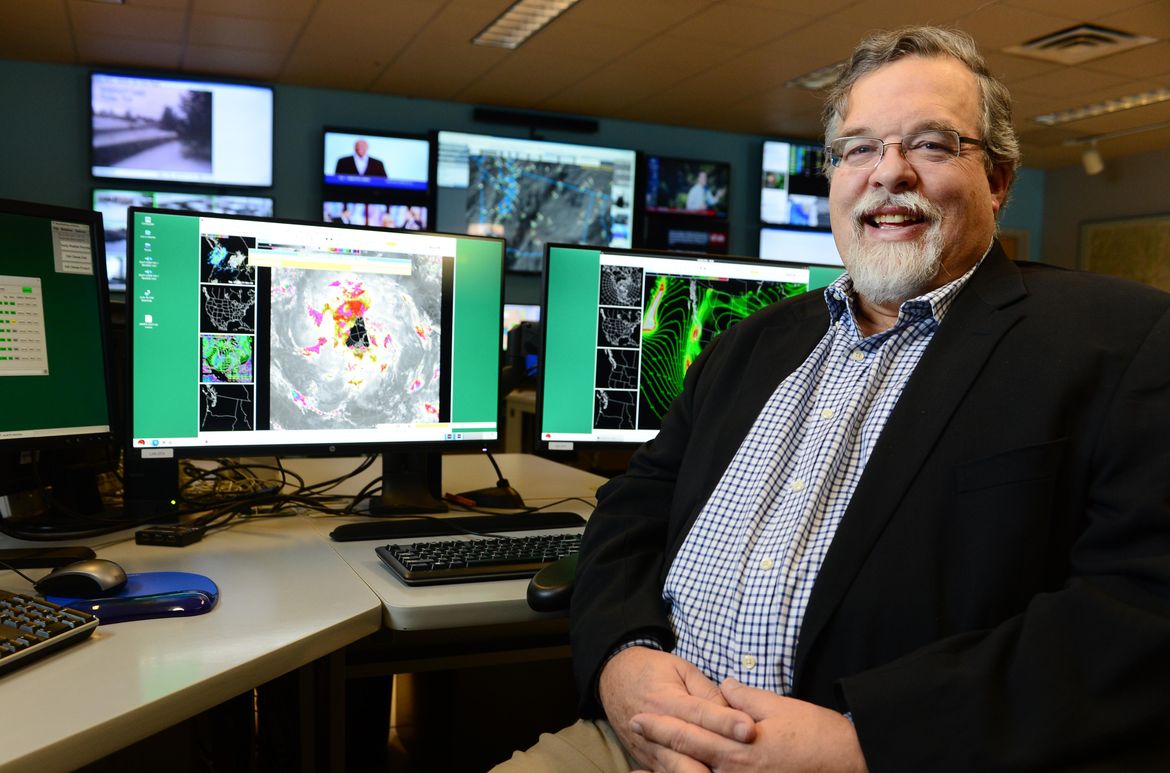
Some courses combine meteorology with other scientific areas, including physics, statistics, and geology. The coursework for this field includes math and science classes such as climatology, atmospheric thermodynamics, weather technology, Newtonian physics, data analysis, and calculus. Earn a degreeįor candidates pursuing a career in the scientific path of meteorology, you may want to obtain a bachelor's degree in metrology or atmospheric science. Deciding on a path in high school can help you outline and prepare your career goals early. You may also consider taking AP classes, as several schools offer AP courses that you can convert to points in college. You can also decide to build your writing skills as scientists write research papers and journals. Taking classes in advanced mathematics and other science courses can help develop your skills. The other path in this discipline is scientific meteorology which entails conducting research and experiments. You can work on your communication skills and join clubs in school that may help you build your public speaking skills and improve your grammar. These professionals work in media outlets such as broadcast channels and television news networks.

Some meteorologists give reports on the weather and other atmospherical phenomena. There are two career paths in meteorology.
#Meteorologist jobs in china how to
The following are steps on how to become a meteorologist: 1.

In this article, we discuss steps on how to become a meteorologist, explain their skills, outline types of specializations, review their salary and job outlook, and discuss their work conditions. If you intend to pursue a career in this field, knowing the necessary skill set, work environment, and other details can help you decide if you're interested in the position. You can consider a career in meteorology if you enjoy researching, analyzing, and discussing weather phenomena and events. A meteorologist studies the atmosphere and reviews patterns and changes to predict daily weather events.


 0 kommentar(er)
0 kommentar(er)
